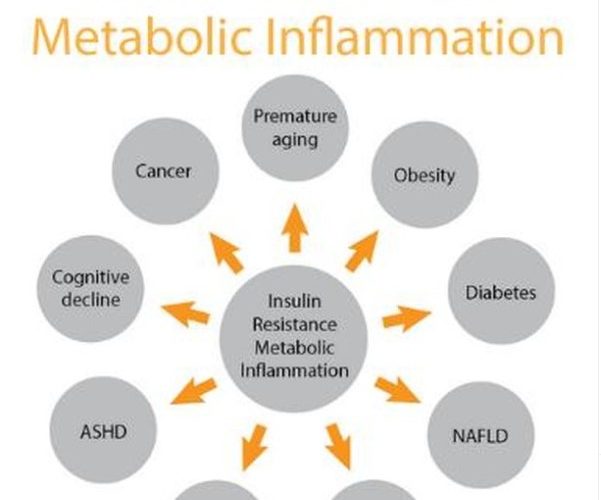To reverse diabetes, weight loss and a low-carbohydrate diet must be combined. These are independent factors for reversing diabetes.
Weight loss can achieve diabetes reversal through decompressing (decongesting) the liver and pancreas, improving blood flow, and reducing adipocyte hormonal responses.
As the worldwide epidemic of obesity continues to worsen, the epidemic of type 2 diabetes follows, and 1 out of every 2 Americans born today is predicted to get type 2 diabetes. Clinically, we observe a progression of obesity to eventual type 2 diabetes through the lens of insulin resistance and metabolic syndrome.
In a recent study at Ohio State University, obese patients with metabolic syndrome ate a low-carbohydrate diet but maintained their weight. A four-week low-carb diet resulted in the reversal of the metabolic syndrome, even though there was no weight loss. Reversal of metabolic syndrome is key to reversing prediabetes and type 2 diabetes.
Parker N. Hyde, et al. Dietary carbohydrate restriction improves metabolic syndrome independent of weight loss. JCI Insight, 2019; 4 (12)
A low-carbohydrate diet can achieve diabetes reversal through reduced insulin requirements (reduced insulin production), a reduction in glycated lipids, proteins, and receptors, reduced lipid storage, and increased lipid mobilization
The clinical relevance of this is that patients can become rapidly insulin sensitive again, well before they have returned to normal weight. Explaining this to patients provides the encouragement they need to continue a long path to ultimate success. The only way we will know a patient’s insulin sensitivity is to actually check the insulin level.






